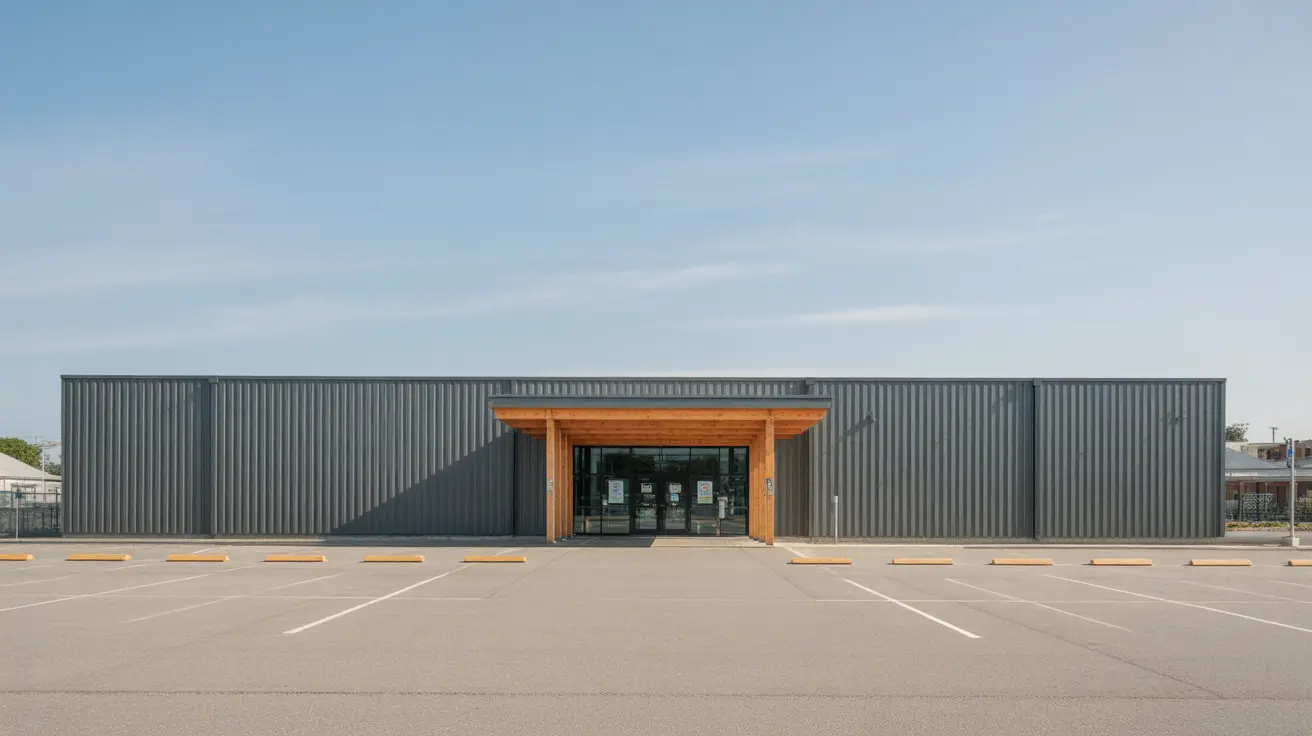How Dogs Choose Their Favorite Human: A Psychological Insight
Many dog owners wonder why their furry companions seem to favor one person over others in the household. This bond is not random but rooted in psychological principles related to development, behavior, and emotional response. Understanding how dogs pick their favorite person provides meaningful insight into strengthening your relationship with your canine friend.
Early Socialization and Imprinting
One of the most significant factors influencing a dog’s bond is early socialization. Puppies go through a crucial period between 3 and 12 weeks of age during which experiences with humans shape future behavior. Dogs that are handled frequently, gently, and positively during this sensitive time are more likely to view humans as safe and enjoyable companions.
- Puppies who interact more with a specific person during this period often form a lifelong attachment.
- Socialization with a variety of people and environments creates a more confident and adaptable dog.
Positive Associations and Reward Systems
Dogs are wired to remember positive interactions. The person who feeds, plays, walks, or trains a dog regularly becomes associated with positive feelings. This is called classical conditioning, a principle developed by Ivan Pavlov.
- If you’re the one giving the treats, it’s natural your dog prefers to be near you.
- Reinforcing good behavior with affection and attention deepens the bond.
Personality Compatibility
Just like humans, dogs have unique personalities. Some dogs are shy and reserved, others bold and outgoing. They gravitate toward people whose energy matches or complements their own. This psychological preference ties into the idea of emotional attunement.
- Calm dogs may prefer calm, relaxed humans.
- Active dogs may bond more closely with energetic individuals who enjoy exploration and play.
Consistent Routines and Care
Reliability builds trust. A dog that knows what to expect from a person—feeding times, play, walks—will feel secure and loved in their presence. Psychology shows that consistent caregiving behaviors foster affection and attachment.
- Predictable routines reduce stress and anxiety in dogs.
- The caregiver role often becomes the preferred bond.
Quality Time and Communication
Spending quality time builds emotional connections. Engaging in play, training, and even just being together enhances the human-canine bond. Dogs respond to voice tone, eye contact, and body language—a form of non-verbal communication.
- Eye contact with your dog boosts oxytocin, the love hormone, in both dog and owner.
- Speaking in a calm, friendly voice is soothing and confidence-boosting to dogs.
How You Can Become Your Dog’s Favorite
If you think your dog prefers someone else, don’t worry—bonds can shift and deepen over time. Follow these tips to become your dog’s most adored human:
- Consistently care for their needs: food, walks, and affection.
- Engage in play tailored to their preferences.
- Use positive reinforcement to reward good behavior.
- Be present and patient as your relationship develops.
- Provide a safe space where your dog feels loved and protected.
Final Thoughts
In psychology, the favorite human-dog bond blends elements of social learning, emotional responsiveness, and trust. Recognizing the signs and nurturing the relationship ensures a happier dog and a more fulfilling companionship for you. By aligning your behavior with your dog’s needs and temperament, you too can become their trusted and beloved person.





